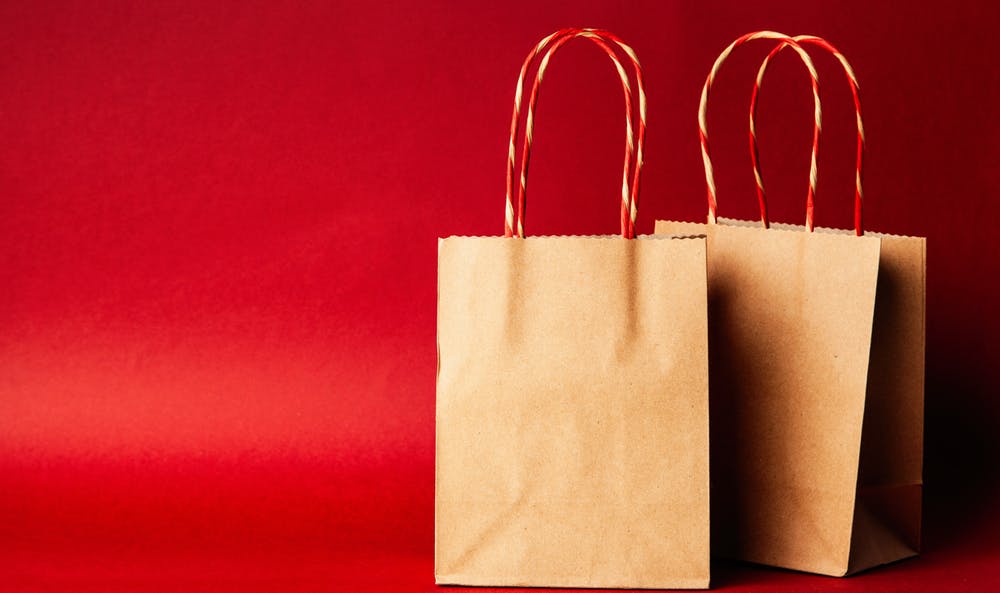
The global push for sustainability is forcing the packaging industry to reassess its use of single-use plastics. In recent years, it’s become increasingly clear that these plastics are significantly harming the planet; particularly our oceans.
In a bid to reverse the damage, the packaging industry is now pushing towards plastic-free packaging. Here, we’ll look at the changes taking place in the industry, and what alternatives there are to plastic packaging.
What steps is the packaging industry taking?
There are a lot of changes taking place in the packaging industry in order to tackle single-use plastics. Major brands have also been doing their part to ditch their plastic packaging, opting instead for more environmentally friendly options.
Unilever, Procter & Gamble, Coco Cola, Nestle and Danone are just some of the big brands taking part in a Loop scheme. The scheme involves providing customers with reusable, returnable containers instead of their current single-use plastic packaging. The scheme is currently being trialled starting with New York and Paris. If successful, it will start to be rolled out worldwide.
What packaging alternatives are available?
Suppliers are also starting to focus on offering alternative packaging solutions. There are a number of plastic alternatives businesses can use, including paperboard, corn starch and even seaweed. The latter has been used to create innovative, edible plastic-free water bottles in the UK.
Courier companies such as TNT, have seen a notable change in the packaging used for parcels today. As businesses look to become more sustainable, they are exploring the different packaging options such as paperboard.
The benefits of utilising plastic free packaging
There are lots of benefits which come from switching to plastic free packaging. Mostly, it’s extremely beneficial to the environment. Reducing single-use plastics lowers our carbon footprint, while also protects the oceans. There has been a lot of media attention given to the shocking damage plastics are having on the planet’s wildlife, something we can all work to eliminate.
Another benefit is that non plastic packaging tends to be free from allergens and toxins. Consumers are always looking for products which are better for their health and wellbeing. So, companies which do offer plastic free packaging are going to see a rise in business. Customers will actively choose a brand which shows it cares about sustainability, than one which doesn’t.
Overall, single-use plastics have become a major problem for the environment. The effects it is having on the planet is forcing packaging companies to come up with alternative options to offer more sustainability. The above is just some of the ways companies are tackling the issue, along with some of the key alternative packaging options currently being focused on.



